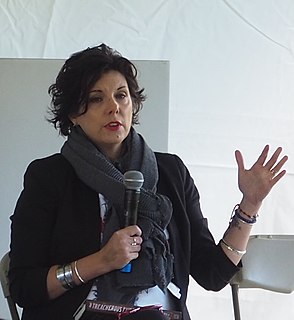A Quote by Lauren Willig
My books fall in the wobbly middle between historical fiction and historical romance.
Quote Topics
Related Quotes
Historical romance is still very strong in the market. Writers of historical romance are making the bestselling lists on a regular basis and careers are growing. However, since there is much more variety in romance today, the total sales of historicals might be down from their peak. The talk of the market softening is a reflection of this, and of the fact that one does not see big growth in this area of the market.
Writers of historical fiction are often faced with a problem: if they include real-life people, how do they ensure that their make-believe world isn't dwarfed by truth? The question loomed large as I began reading 'The Black Tower', Louis Bayard's third foray into historical fiction and fifth novel overall.

































